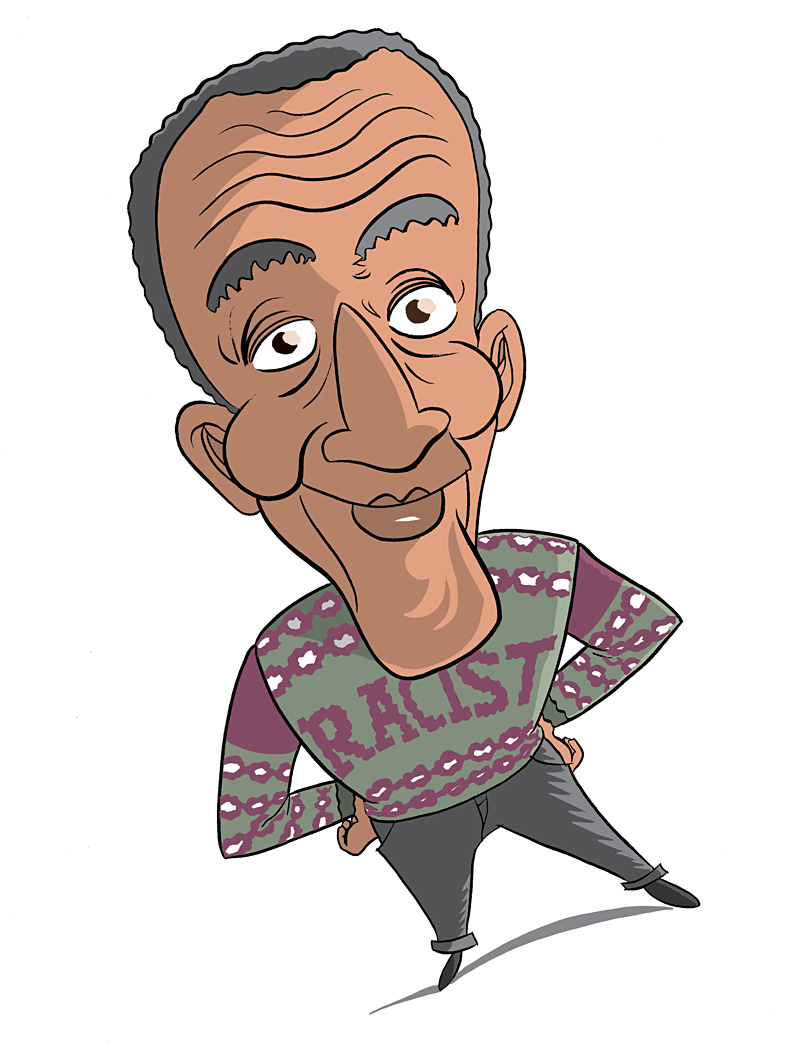A University of Washington survey that purports to find strong racist tendencies among supporters of the Tea Party movement continues to be the subject of considerable discussion and debate.
New York Times op-ed columnist Charles M. Blow cited the research this past weekend in a piece whose opening line was: “Racist. Tea Party. Are those separate concepts or a single one?” By the end of the column, there was little doubt about where Blow came down on that question.
There’s also no doubt about where University of Washington social scientist Christopher Parker, who oversaw the research, stands on the issue. “The Tea Party…appear [sic] predisposed to intolerance,” he wrote in a recent summary of his survey results.
Tea Party sympathizers have suggested that the UW study—which asks respondents whether, and how much, they agree with certain statements—has confused racist views with mere conservatism. And while we’re not exactly in the Tea Party camp, it’s hard not to notice that the survey dings you as a racist for any deviation from PC views.
Take this statement, for example: Irish, Italians, Jewish, and many other minorities overcame prejudice and worked their way up. Blacks should do the same without special favors. You better immediately and strongly disagree with that, or else you’re displaying “racial resentment,” according to Professor Parker.
Or this one: Over the past few years, blacks have gotten less than they deserve. Don’t agree? Sorry, you go into the racist column.
Then there’s this: If blacks would only try harder they could be just as well off as whites. An extremely arguable point, to say the least—but also one that a number of conservative black thinkers themselves have advanced. So what of Bill Cosby, who told his community in a speech a few years ago: “It’s not what they’re doing to us; it’s what we’re not doing”? Into the racist camp, according to the UW’s methodology.
Talk about intolerance.
The Tea Party may well be full of racist Obama-haters. But sometimes the conservative conspiracy theorists really have a point.








